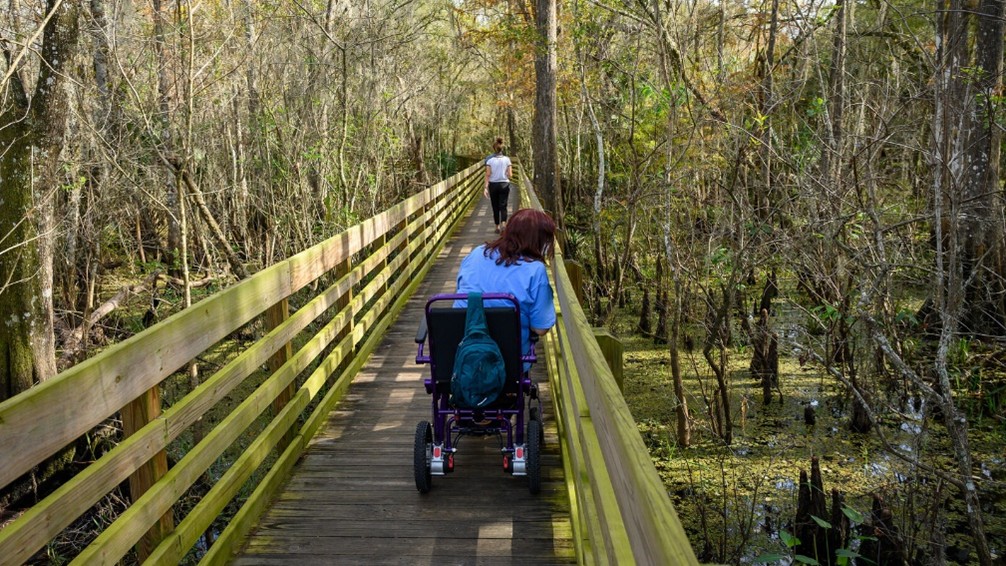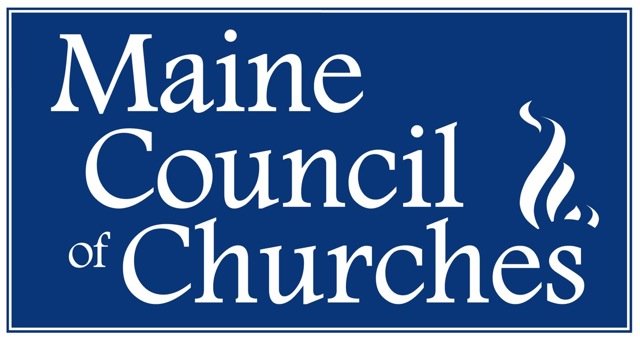A Lent of Wellbeing and Witness

Last week, on Ash Wednesday, we introduced you to an idea that Episcopal (not Lutheran!) theologian and author, Diana Butler Bass had: to observe Lent differently this year.
Because the traditional Lenten themes of taking things away and self-denial sound off-key to our traumatized ears this year. They find no purchase in our souls, this year. This year when so much is being taken away from us already.
Instead, says Butler Bass, our spiritual need is for building our lives up, strengthening, deepening our connections to God and to each other, deepening our reserves to face this moment.
So she invites us to a Lenten journey inward (toward wellbeing and the building up of our souls) and a journey outward (toward witnessing what’s happening in the world, and serving as witnesses to truth, beauty and goodness.)
(Each week of Lent, we’ll send you an email that lifts up highlights from her series, but we encourage you to subscribe, either for free or by purchasing the more robust version, via “The Cottage” on Substack: https://dianabutlerbass.com/the-cottage/)
Where is this Lenten journey of practicing Wellbeing and Witness supposed to take us? DBB says the destination is, “Emerging from Lent with our courage, strength and sense of realistic hope renewed so we will be better able to plunge into the current moment and face whatever is coming next.”
Every Sunday in Lent, she will post an essay or video and provide resources about the journey outward—where we witness what is happening in the world through the lens of faith and scripture. This past week, the focus was on the temptation to follow Caesar and worship Empire (an excellent post!). On weekdays, she will lift up ten contemplative practices to guide our journey inward toward spiritual wellbeing.
The practice of contemplation, the journey inward, isn’t a cure for anxiety, she notes. It isn’t an escape valve. It enables us to become more whole so that what’s broken in the world can rise up before us, we can see it more clearly, and then better understand our calling to bring dignity to this present moment.
For starters, this week she extends an invitation to us to walk—not run—as a contemplative spiritual practice. To walk (or move through the world in whatever way you do—in a wheelchair, with a white cane and guide dog, with the aid of a walker) and notice things with a new attentiveness, on paths where we meet God, meet one another, and even meet our fears. Because walking isn’t only about seeing beauty. Paying close attention while walking helps us connect with the world more deeply and will call forth our courage and deeper reserves.
She closes by reading Rob Bell’s poem, “Walk, Don’t Run”
This first week of Lent, try the spiritual practice of walking and seeing the world more deeply.
Friends, don’t do Lent alone. Isolation feeds trauma. Let’s continue to walk through this season together.

